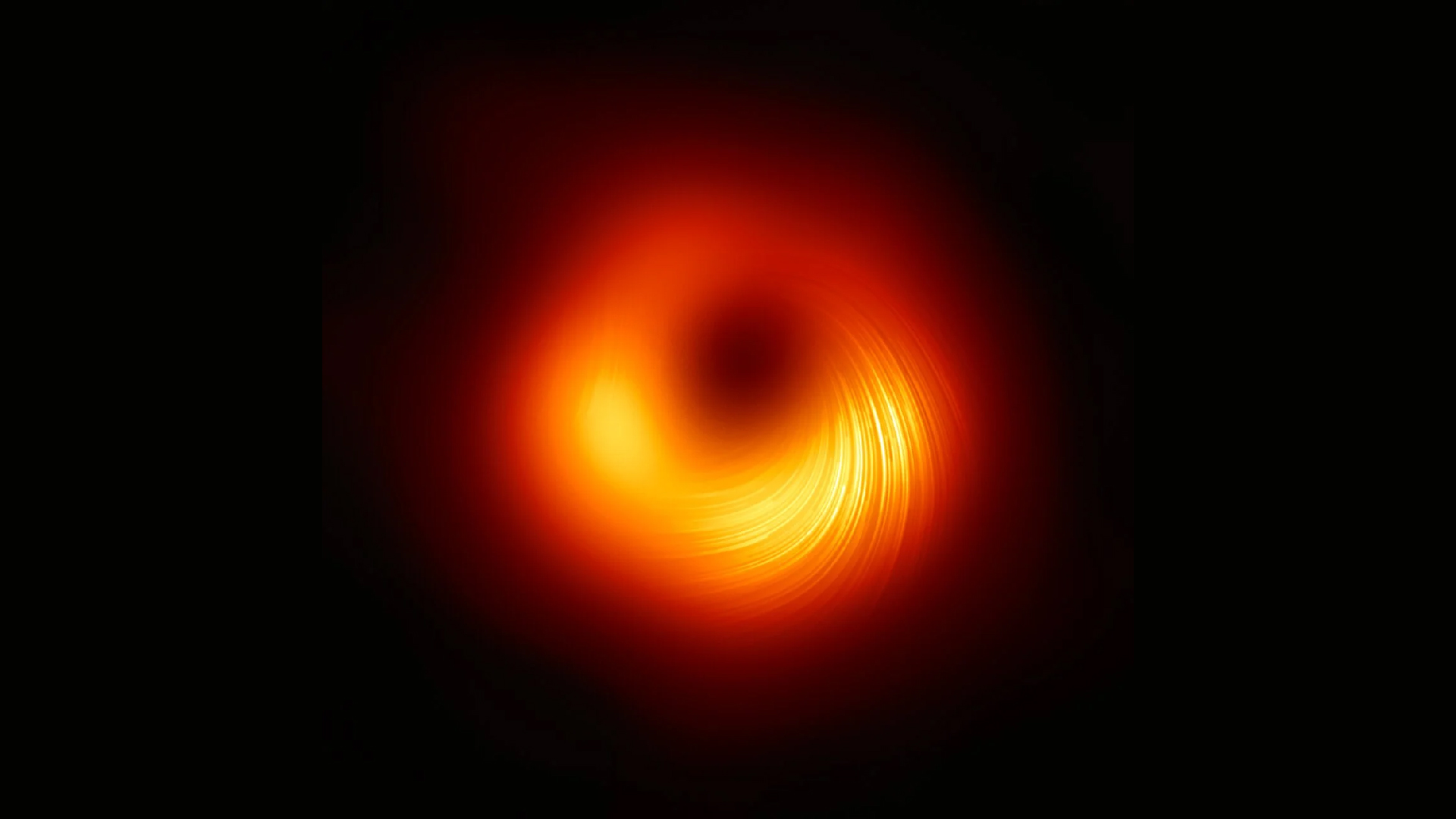Monster black hole M87 is spinning at 80% of the cosmic speed limit — and pulling in matter even faster

Exciting advancements in ocean mapping promise to uncover Earth's hidden secrets, while astronauts observe massive dust clouds from space. The James Webb Telescope delivers stunning new views of the Sombrero Galaxy, showcasing progress in space exploration and discovery.

All major sources, one page
Feel the mood behind headlines
Know what’s trending, globally
Get summaries. Save time
7,938
117
211
3 hours ago
Get instant summaries, explore trending stories, and dive deeper into the headlines — all in one sleek, noise-free mobile experience.
Stay sharp in 60 seconds. Get concise summaries of today’s biggest stories — markets, tech, sports, and more
All major sources, one page
Feel the mood behind headlines
Know what’s trending, globally
Get summaries. Save time
7,938
117
211
3 hours ago
Get instant summaries, explore trending stories, and dive deeper into the headlines — all in one sleek, noise-free mobile experience.
Stay sharp in 60 seconds. Get concise summaries of today’s biggest stories — markets, tech, sports, and more